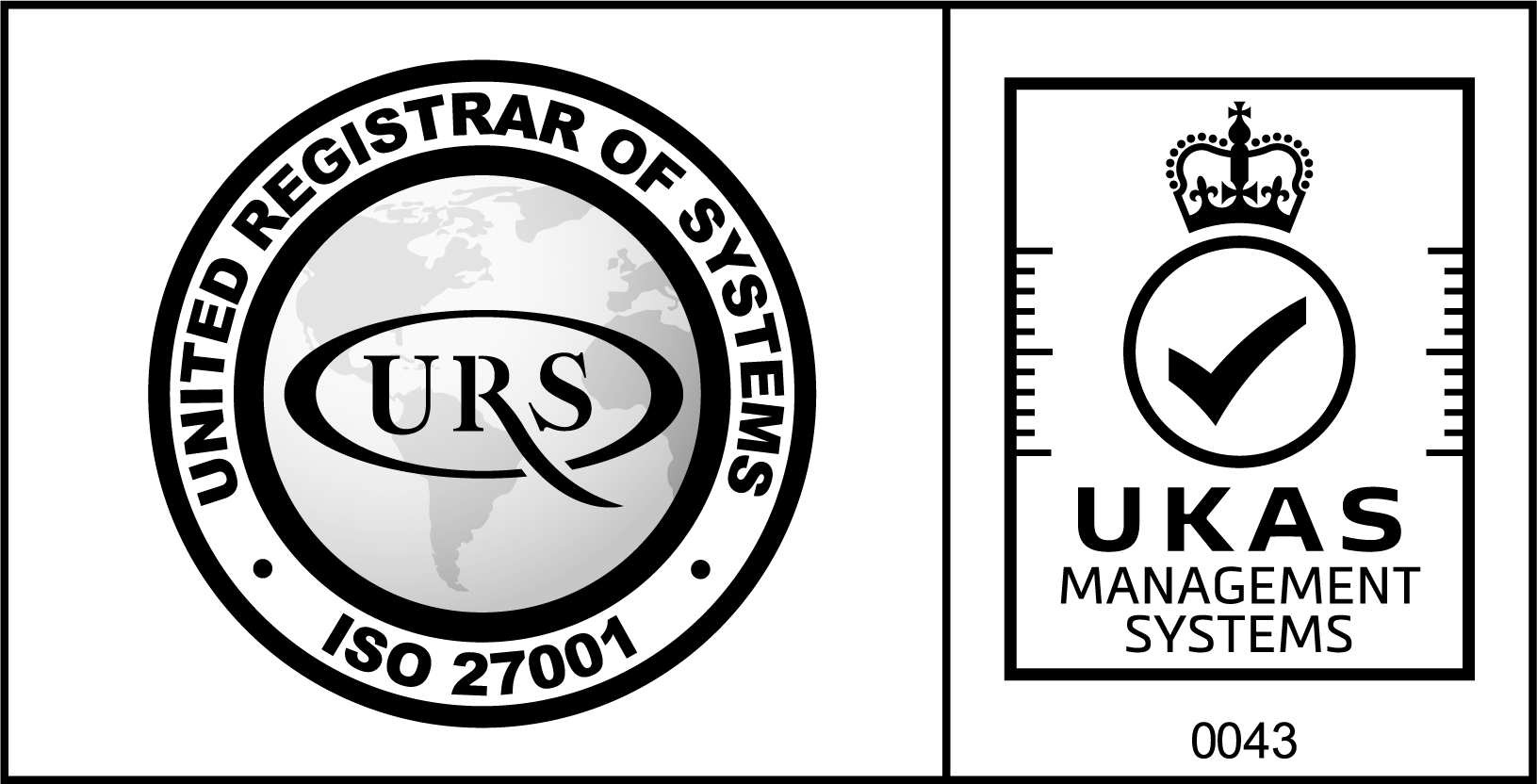Private Cloud Hosting: Custom-Designed Infrastructure for Specific Business Needs
A private cloud provides a single-tenant computing environment designed exclusively for one organisation. By isolating resources from the public internet and other users, businesses achieve a superior level of oversight, security and architectural flexibility.
In its most practical form, a private cloud consists of a pool of virtualised dedicated servers. However, the true value lies in the ability to engineer the environment to meet specific operational requirements that generic public platforms cannot accommodate.
Core Infrastructure Components
A standard private cloud deployment incorporates high-specification hardware and software layers, typically including:
-
Compute and Virtualisation: Dedicated physical servers managed via industry-leading hypervisors and cloud management systems.
-
Storage and Connectivity: Single or dual SAN arrays - frequently featuring hardware failover - alongside physical or virtual load balancers.
-
Security Perimeter: Dedicated firewalls and encrypted local networks.
-
Resilience: Integrated backup services and comprehensive monitoring.
-
Geographic Redundancy: Dual-site solutions providing replication or failover between geographically distinct locations.
- Data Sovereignty: Data hosted in a choice of two UK datacentres; under UK legal jurisdiction.
We provide genuine physical diversity with data centres in Edinburgh and London, interconnected by a high-capacity, diversely routed network. These can be accessed via private circuits, VLANs or encrypted public network connections.
Strategic Advantages
1. Bespoke Architecture and Granular Control
Unlike standardised public offerings, a private cloud is built from the ground up. This allows for specific storage configurations, tailored resource management and security protocols designed for a company's unique needs. As requirements evolve, the environment can be adjusted to scale to meet new demands.
2. Enhanced Security and Data Sovereignty
While public clouds do offer robust security, a private cloud allows for a "ring-fenced" approach. By utilising isolated network segments, dedicated firewalls and VPN-based authentication, organisations can ensure access to sensitive data is tightly controlled. This is often a prerequisite for businesses meeting strict regulatory or compliance standards.
3. Financial Predictability and Performance
For many UK enterprises, dedicated resources in a private cloud offer significant cost efficiencies over hyperscale providers such as AWS or Azure. This is particularly evident in workloads that are CPU-intensive or require high bandwidth, where public cloud egress fees and variable pricing can become prohibitive.
4. Sustainability and Operational Reliability
Virtualisation allows for the efficient pooling of resources, which can assist in reducing an organisation’s carbon footprint - an increasingly vital component of corporate ESG strategies. Furthermore, the architecture can be designed to be inherently resilient; if a physical component fails, virtual partitions can be redistributed across the remaining hardware to maintain uptime.
Integration and Continuity
|
Feature |
Description |
|
Hybrid Cloud |
Seamlessly connect private infrastructure with hyperscale providers for automated, multi-tiered workloads. |
|
Disaster Recovery |
Managed Business Continuity and DR services ensure critical data is backed up or replicated across our UK sites. |
|
Platform Versatility |
Support for a wide range of virtualisation platforms, tailored to existing enterprise software stacks. |
Conclusion
By combining the security of dedicated hardware with the elasticity of the cloud, private hosting remains the preferred choice for organisations handling sensitive data. It offers a balance of self-service agility and the robust, predictable performance required for mission-critical enterprise applications.





